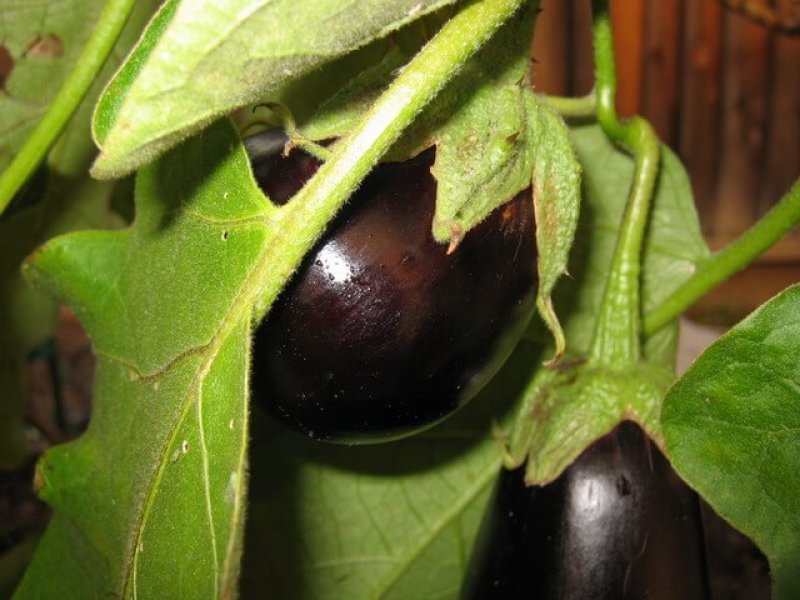The following is an edited excerpt.
The Court of Appeals recently struck a blow to GMO crops in the Philippines by its decision to stop field trials for Bt talong, a genetically modified (GMO) eggplant. If successful, this biotech crop would have allowed Filipino farmers larger harvests while spraying less pesticides in their fields.
We need to strike a note of caution, but not in the way the court ruling suggests. Instead, as we look at GMO crops, we must be careful we understand what they are, why they are an important technology to help us feed our people, and why the scientific community says they are safe.
This recent court ruling unfortunately dictates that scientific research on Bt talong, and possibly on these other new biotech crops, must come to a halt. Our universities may no longer be able to do this vital research and we have deprived ourselves of potentially ground-breaking technology that could have benefited our farmers and our country. Meanwhile, the US, China, India and other nations reap the economic rewards of research and development on biotech crops, while we and our farmers will once again be left behind.
View the original article in its entirety here: Who’s afraid of the GMO eggplant?































